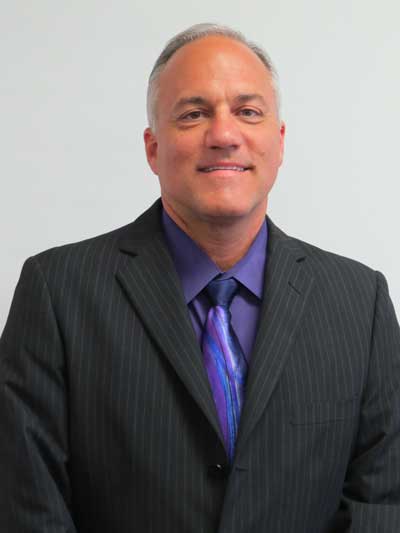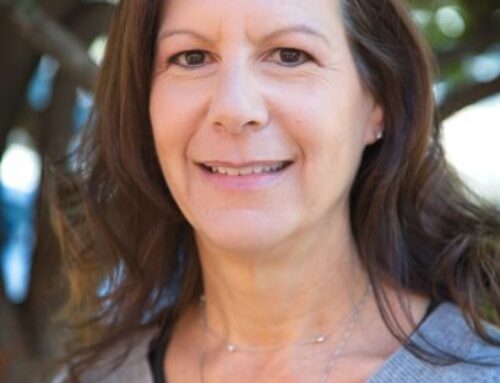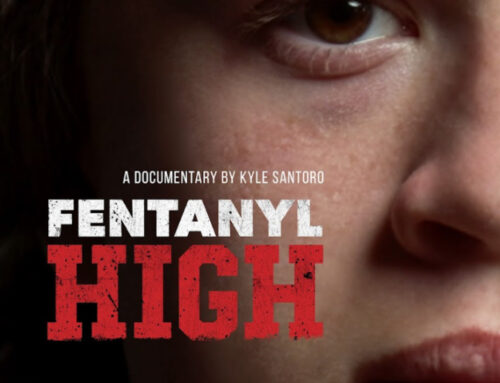MHUSD staff will now work to determine how much to ask voters to give
Published in the July 19 – August 1, 2017 issue of Gilroy Life
By Marty Cheek

Steve Betando
A survey taken in June of potential voters in the Morgan Hill Unified School District shows respondents generally support local schools and a majority are willing to vote for a parcel tax to improve public education. The survey results will be used by MHUSD staff to prepare a recommendation to the board on how to implement a possible parcel tax campaign for either the June or November 2018 elections.
The public opinion survey was conducted by phone by Gene Bregman & Associates with about 400 respondents. On the general question of a need for more money for Morgan Hill’s public schools, 27 percent said there was a “great need,” 34 percent said there was “some need,” 9 percent said there was “little need,” 14 percent said there was “no need,” and 17 percent had no opinion.
The survey also asked respondents for their opinion on what they thought were “very important” use items for parcel tax money. The highest response at 65 percent was: “Expand programs that are focused on 21st century skills like science, technology, engineering and math.” The second highest response at 64 percent was: “Keeping up with technology both now and in the future.” The third highest response at 63 percent was: “Expanding the pathway program that helps prepare high school students not only for college, but to prepare them to directly enter the workforce, get good jobs, and have careers in many diverse fields.”
“Offering competitive compensation so the best teachers can continue to live and work in this high cost of living area,” tied with “Providing additional programs and personnel to help children with special needs,” at 61 percent of respondents. “Maintaining art and music programs” was favored by 60 percent of respondents. “Maintaining smaller class sizes” was supported by 58 percent of respondents. “Enhancing teacher professional development programs to keep teachers up-to-date on the latest advancements in their fields” was favored by 55 percent of res ponders.
“Voters are supportive of the district and doing a parcel tax so long as it’s at the right level,” said Greg Bregman, owner of the public opinion company. “Like most communities, you can’t set your sights too high. This is not Palo Alto or Piedmont where people will spend many hundreds of dollars on parcel taxes. This is a more typical community, and we’re looking for that sweet spot of what voters feel they can afford. They are supportive of the schools in general.”
The survey made a comparison of “yes” votes among voters in the June 2018 primary election versus the November 2018 general election. “The level of taxation that will be supportive is probably a little higher in a higher turn-out election such as November than it would be in June,” Bregman said.
MHUSD staff will be preparing a recommendation for the board in consideration of the survey results to provide trustees with information on deciding on a parcel tax and what election date it should be held, said Superintendent Steve Betando. This will be presented to the board sometime in the fall.
“We’re going to be talking with different staff members and working with our cabinet to identify where our budget needs are in the immediate future and our long term goals as far as projected costs,” he said. “We also have to consider what the state budget is now changed as far as what types of programs that they’ll continue funding or pull back on funding. We’ll also have to consider the federal budget with the new education secretary’s (Betsy DeVos) initiatives and reductions to look at what we’re going to have to do to meet our future goals.”
If the school board decided to have a parcel tax put on the ballot, an outside group not made up of MHUSD employees or board members would need to be organized to participate in any political action or campaigning, he said. Several community members in the district have expressed interest in supporting the parcel tax campaign.
The survey asked respondents their opinion on supporting the parcel tax based on 12 different rates ranging from as low as $55 (with 72 percent support) to $195 (with 57 percent support.) If passed, the parcel tax will fund a limited amount of improvement items for the public schools.
We’re talking about a limited amount that the community is willing to tax itself on to support the schools,” Betando said. “All those items may be of interest to the public and would be supported by the public, but the amount of money would not in any way address all those areas of need. So we have to prioritize and include that in a recommendation in a board and what would be able to sustain itself in a successful campaign.”
Betando expects the voters will approve the parcel tax based on the survey results.
“With the information that we have, our experience here is that this community supports children and supports education and support public education primarily,” he said. “People feel that the schools are doing an outstanding job. We have outstanding schools that are recognized as proven models not only for the Bay Area and the state but on the national view of what to do right for public education. The innovation has been very successful.”
Feedback from the public shows that residents support the academy concept, the career tech ed, the successful neighborhood concept of innovation, as well as school engagement with businesses both locally and the surrounding Silicon Valley area, he said.
Unlike many public school districts, MHUSD has never had a parcel tax to fund education, Betando said. In November 2012, voters passed the $198 million General Obligation Bond on the ballot as Measure G. This money enables the district to finance technology and facility improvements.






